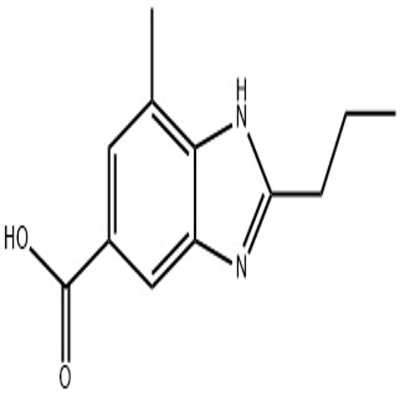-
Categories
-
Pharmaceutical Intermediates
-
Active Pharmaceutical Ingredients
-
Food Additives
- Industrial Coatings
- Agrochemicals
- Dyes and Pigments
- Surfactant
- Flavors and Fragrances
- Chemical Reagents
- Catalyst and Auxiliary
- Natural Products
- Inorganic Chemistry
-
Organic Chemistry
-
Biochemical Engineering
- Analytical Chemistry
-
Cosmetic Ingredient
- Water Treatment Chemical
-
Pharmaceutical Intermediates
Promotion
ECHEMI Mall
Wholesale
Weekly Price
Exhibition
News
-
Trade Service
N-Acetylhomopiperazine (AcHPe) is a heterocyclic organic compound that is used extensively in the chemical industry as a versatile building block for the synthesis of a variety of chemicals and pharmaceuticals.
The instruction of AcHPe involves a series of chemical reactions that are carried out in a sequence to produce the final product.
The synthesis of AcHPe typically starts with the reaction of acetylene and ammonia to produce homopiperazine.
This reaction is carried out in the presence of a Lewis acid catalyst, such as aluminum chloride, to promote the formation of the intermediate iminium salt.
The reaction is exothermic, and the product is cooled to prevent further reaction.
The next step in the synthesis of AcHPe is the hydrolysis of the iminium salt to produce the piperazine intermediate.
This reaction is carried out in an aqueous solution of a strong acid, such as hydrochloric acid, and the product is isolated by precipitation with a soluble salt, such as sodium chloride.
The final step in the synthesis of AcHPe is the reaction of the piperazine intermediate with acetyl chloride to produce the final product.
This reaction is carried out in the presence of a catalyst, such as pyridine, to promote the formation of the N-acetylated product.
The product is isolated by filtration and washing with water to remove any remaining impurities.
The instruction of AcHPe is a well-established synthetic route to the production of this important organic compound.
The versatility of AcHPe makes it an ideal starting material for the synthesis of a wide range of chemicals and pharmaceuticals, including antibiotics, anti-inflammatory drugs, and immunosuppressants.
The efficacy and specificity of these compounds make them valuable tools in the treatment of a variety of diseases and medical conditions.
The widespread use of AcHPe in the chemical industry has contributed significantly to the development of new and effective drugs for the treatment of a range of medical conditions.





![benzyl N-{2-[4-(4,4,5,5-tetramethyl-1,3,2-dioxaborolan-2-yl)phenyl]ethyl}carbamate](https://file.echemi.com/fileManage/upload/goodpicture/20210823/m20210823171124543.jpg)

